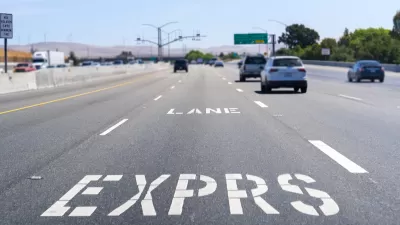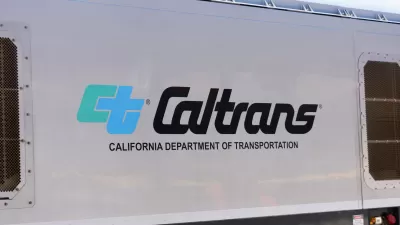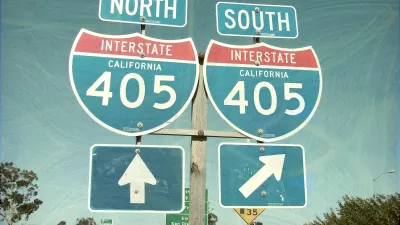In 2008, RAND Corp. conducted a study on mitigating traffic congestion in Los Angeles. They studied two types of strategies: conventional, e.g. signal timing, and market-based, e.g. increased the price of driving. The results were surprising.
Conventional congestion mitigation strategies included
• Ridesharing promotions
• Signal timing improvement
• Accident management
• Telecommuting promotion
• Flexible work hours promotion
• Traveler information systems
"They can briefly get traffic moving faster, but just about every improvement in travel time results in ... more people taking to the road! Over the long haul, apparently, most congestion relief efforts sow the seeds of their own destruction."
"In the end, RAND found that only a few strategies had any significant potential to curb congestion. All raised the cost of trips on congested routes."
RAND singled out two basic tactics:
• charging tolls for driving where congestion is heaviest;
• making it more expensive for drivers to park"
"Sadly, RAND also found that the road pricing solutions -- the top two (HOT lanes and cordon-congestion pricing/tolls)-- face huge political and practical obstacles.
Which leaves parking pricing (including parking cash-out) in the sweet spot."
Thanks to John Hartz
FULL STORY: Fighting congestion, RAND-style

Manufactured Crisis: Losing the Nation’s Largest Source of Unsubsidized Affordable Housing
Manufactured housing communities have long been an affordable housing option for millions of people living in the U.S., but that affordability is disappearing rapidly. How did we get here?

Americans May Be Stuck — But Why?
Americans are moving a lot less than they once did, and that is a problem. While Yoni Applebaum, in his highly-publicized article Stuck, gets the reasons badly wrong, it's still important to ask: why are we moving so much less than before?

Research Shows More Roads = More Driving
A national study shows, once again, that increasing road supply induces additional vehicle travel, particularly over the long run.

Judge Halts Enforcement of Anti-Homeless Laws in Grants Pass
The Oregon city will be barred from enforcing two ordinances that prosecute unhoused residents until it increases capacity and accessibility at designated camping sites.

Advancing Sustainability in Los Angeles County Schools
The Los Angeles County Office of Education’s Green Schools Symposium brings together educators, students, and experts to advance sustainability in schools through innovative design, climate resilience strategies, and collaborative learning.

Using Old Oil and Gas Wells for Green Energy Storage
Penn State researchers have found that repurposing abandoned oil and gas wells for geothermal-assisted compressed-air energy storage can boost efficiency, reduce environmental risks, and support clean energy and job transitions.
Urban Design for Planners 1: Software Tools
This six-course series explores essential urban design concepts using open source software and equips planners with the tools they need to participate fully in the urban design process.
Planning for Universal Design
Learn the tools for implementing Universal Design in planning regulations.
City of Moreno Valley
Institute for Housing and Urban Development Studies (IHS)
City of Grandview
Harvard GSD Executive Education
NYU Wagner Graduate School of Public Service
City of Cambridge, Maryland
Newport County Development Council: Connect Greater Newport





























